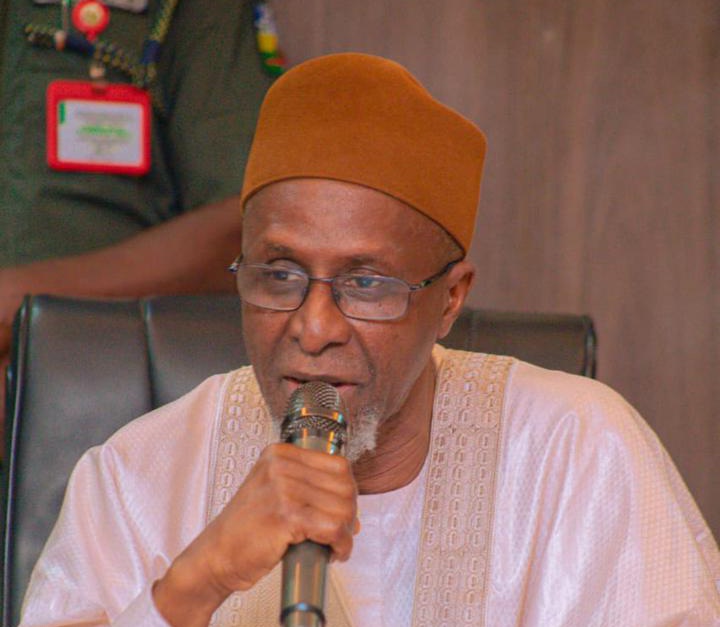By Chuks Oyema-Aziken (Baku, Azerbaijan)
The Minister of Environment, Mallam Balarabe Abbas Lawal has identified Circular Economy as a means of reducing carbon footprint in Nigeria.
Lawal stated this while participating as a panelist in the session on “Empowering Interregional Partnerships for Circular Economy Transition: Towards A Climate-Resilient And Sustainable Future” at the ongoing COP 29 in Baku, Azerbaijan.
He was represented at the session by the Director General of NESREA, Dr. Innocent Barikor.
Lawal said, “Circular economy solutions have transformed Nigeria’s construction and industrial sectors, with recycled materials integrated into products and projects, and industrial by-products repurposed as valuable inputs. Waste-to-energy solutions further enhance resource efficiency while reducing carbon footprints”.
He described Circular Economy which was being implemented in Nigeria through the Extended Producer Responsibility (EPR) Programme, as an economic opportunity which has created jobs, fostered innovation, and unlocked avenues for sustainable development.
The Minister further stated that the country was strengthening its regulatory framework, scaling up infrastructure development and enhancing stakeholder engagements to address problems of non-compliance, limited recycling infrastructure, and insufficient enforcement capacity.
Acknowledging the role of Interregional partnerships to Nigeria’s progress, the Minister said, “As a co-founder of the African Circular Economy Alliance (ACEA), Nigeria collaborates with regional and global platforms, including the Global Plastic Action Partnership (GPAP). These partnerships foster knowledge exchange, investment in technology, and capacity building, enabling Nigeria to scale up solutions tailored to its unique context.”



